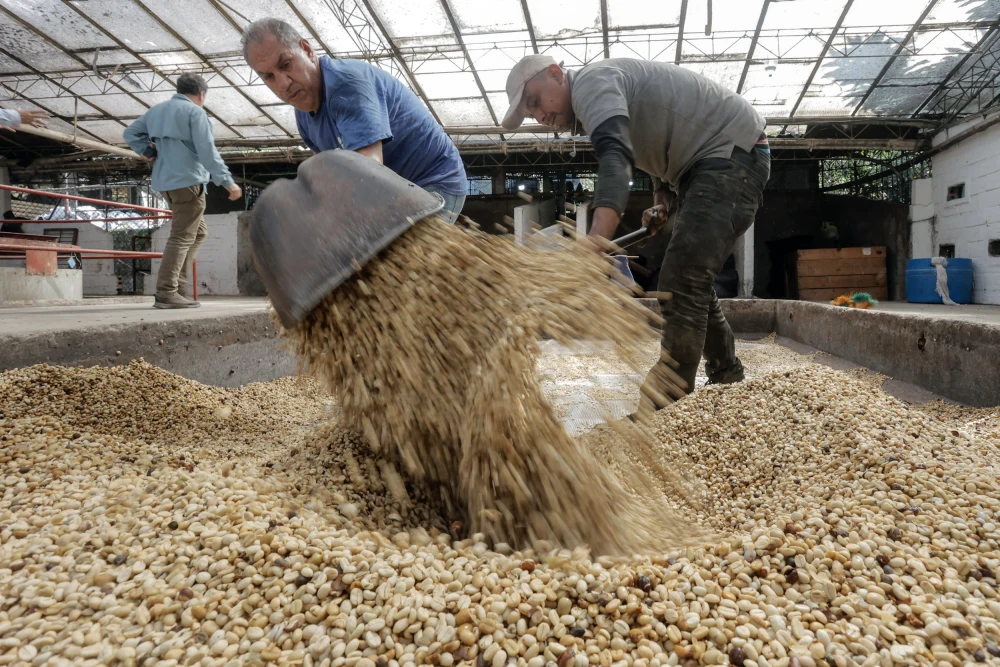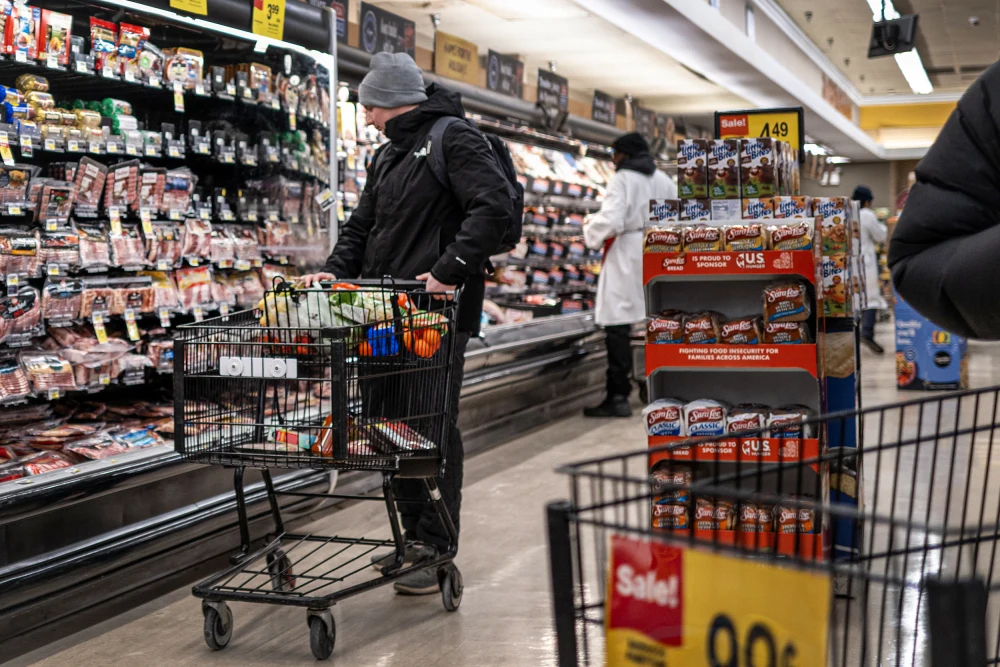President Donald Trump has announced steep tariffs on goods imported from Colombia, a move that could increase the price of everyday items in the United States. The 25% tariff, announced via social media on Sunday, is set to take immediate effect and could escalate to 50% within a week. The decision, prompted by a diplomatic dispute over deported migrants, is expected to impact billions of dollars in trade and directly affect U.S. consumers.
What Are Tariffs and How Do They Affect Consumers?
Tariffs are taxes imposed on imported goods. While the importing companies pay the tax upfront, the cost is typically passed down the supply chain, ultimately leading to higher prices for consumers. The newly announced tariffs on Colombian goods are expected to significantly impact products Americans rely on daily, such as coffee, flowers, and petroleum.
Key Products Affected by the Tariffs
Although Colombia is not one of the U.S.’s largest trading partners, the tariffs could still influence billions of dollars in trade. According to the Office of the U.S. Trade Representative, total bilateral trade between the U.S. and Colombia amounted to $53.5 billion in 2022, with the U.S. maintaining a $3.9 billion trade surplus.
Here’s a closer look at the Colombian goods most likely to be affected:
- Petroleum:
- Colombia’s largest export to the U.S., valued at approximately $6 billion annually, is petroleum. This trade is reciprocal, as the U.S. exports refined petroleum back to Colombia. Higher tariffs could lead to increased costs in energy and transportation sectors.
- Coffee:
- Colombia is the second-largest supplier of coffee to the U.S., accounting for 20% of imports. Coffee prices, already up by 3.8% in 2024, could climb further, hitting American consumers who already feel the pinch at coffee shops.
- Cut Flowers:
- Colombia is a major exporter of cut flowers to the U.S., with $1.6 billion worth of imports in 2022. Tariffs on flowers could increase costs, especially around holidays like Valentine’s Day and Mother’s Day.
- Other Imports:
- Additional Colombian exports, including gold and aluminum structures, could also face increased costs, impacting industries beyond the consumer market.
Economic and Political Implications
The tariffs come amidst international tensions over U.S. immigration policies. Trump’s move follows Colombia’s refusal to accept a U.S. military flight carrying deported migrants. Trump has used tariffs as a tool to enforce compliance with U.S. policies, stating, “We will not allow the Colombian Government to violate its legal obligations with regard to the acceptance and return of the criminals they forced into the United States.”
The decision has broader geopolitical implications as well. China, Colombia’s second-largest trading partner, has been expanding its economic influence in the region. With Colombia’s oil and coffee in high demand, the trade dispute could create opportunities for China to strengthen its ties with the South American nation.
Consumer Impact: What to Expect
American consumers are likely to feel the effects of the tariffs in several ways:
- Rising Coffee Prices:
Coffee lovers may see higher prices at grocery stores and coffee shops as import costs increase. Colombia’s significant share of the U.S. coffee market means these tariffs could have a noticeable impact on retail prices. - Costlier Flowers:
With Colombia as a leading supplier of cut flowers, tariffs may lead to higher prices for floral arrangements, particularly during peak holiday seasons. - Energy Price Volatility:
The tariffs on petroleum imports could indirectly influence fuel and energy prices, adding pressure to household budgets. - General Inflation:
Increased costs for imported goods may contribute to broader inflationary pressures, making everyday items more expensive for consumers.
Broader Trade Challenges
The tariffs on Colombia are part of a larger trend in U.S. trade policy under the Trump administration. While tariffs are touted as a way to raise revenue and pressure trading partners, critics argue that they can lead to trade disputes and harm domestic consumers.
Additionally, the rift with Colombia could push the country closer to China, which is eager to expand its economic footprint in South America. As China increases its demand for Colombian oil and coffee, the U.S. risks losing influence in the region, potentially weakening its economic and strategic ties.
Conclusion: Navigating the Fallout
Trump’s tariffs on Colombian imports are poised to increase costs for American consumers while potentially altering geopolitical dynamics. From higher coffee prices to strained international relations, the implications are far-reaching. As the situation develops, consumers and businesses alike will need to prepare for the economic ripple effects.
Call to Action
Stay informed about how trade policies impact your daily life. Share this article to help others understand the potential effects of tariffs on their budgets and the broader economy.














